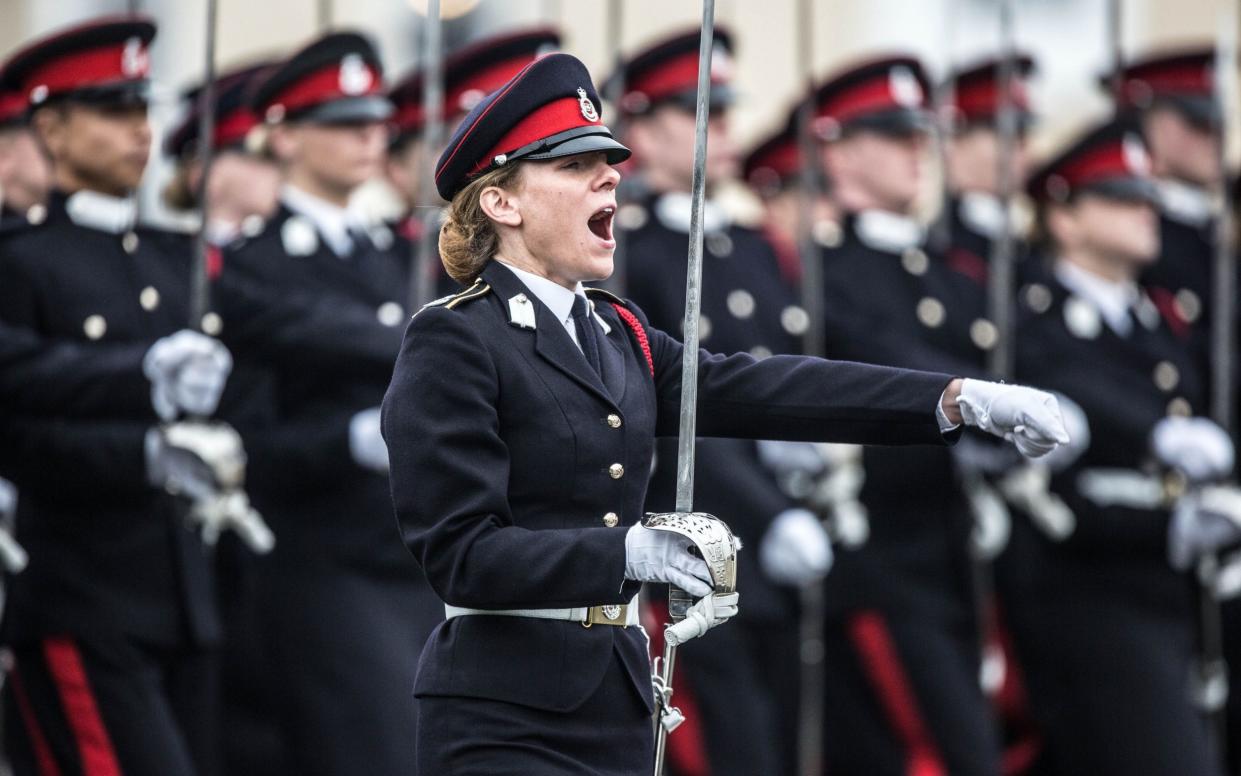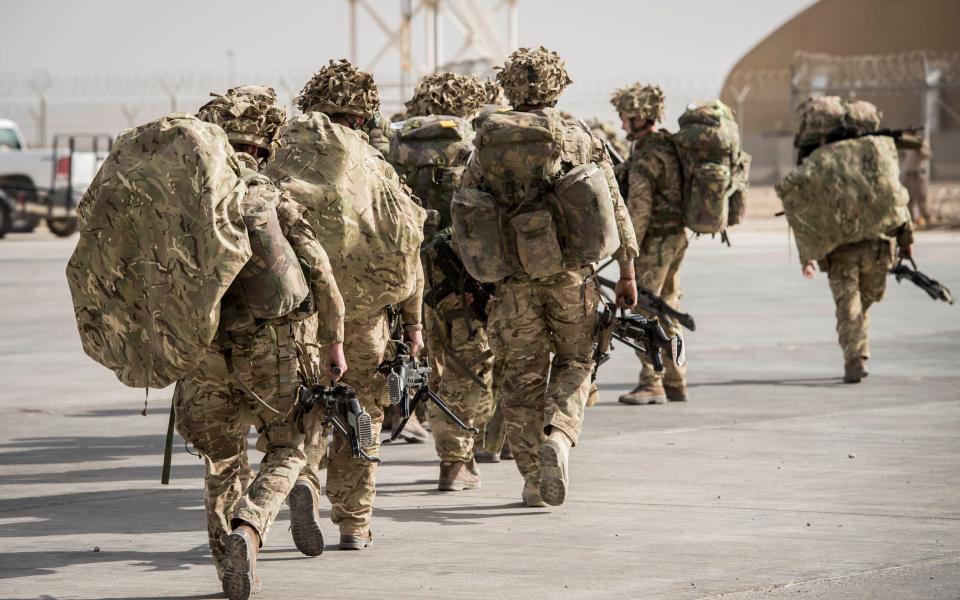Nearly 60pc of women in Armed Forces have faced bullying, harassment or discrimination

Almost 60 per cent of serving female military personnel have been subject to bullying, harassment or discrimination, a damning Parliamentary inquiry has found.
In a new report published on Sunday, the Commons defence subcommittee on women in the armed forces details “truly shocking” evidence of abuse, which extends to sexual harrassment, sexual assault and rape.
In a survey of one in 10 female personnel, the committee found that 64 per cent of veterans and 58 per cent of those currently serving had experienced either bullying, harassment, discrimination or sexual behaviours.
It added that the majority of respondents stated they did not believe the military is doing enough to address the crimes perpetrated.
The inquiry found a “lack of faith” in the complaints system with two thirds of women not reporting their experiences, while a third of those who did complain described their experience as “extremely poor.”
The committee is now calling for a specialised body to be set up to deal with complaints of this nature.
It adds that the service complaints ombudsman should be given more resources and has challenged the recent decision by the Ministry of Defence to cut the appeals period from six weeks to two.
It has also called for the transfer cases of rape and sexual assault from military courts and the Service Justice System to the civilian courts, while also stripping the chain of command from any involvement in complaints of a sexual nature.
Elsewhere, the report said that women in the military faced numerous challenges that placed them at risk of suffering “life threatening injuries”.

They include stories of armoured plates restricting movement, oversized helmets restricting vision and servicewomen deliberately dehydrating themselves due to “limited systems” to enable them to go to the toilet.
Despite its findings, nine in 10 of the women surveyed said they would still recommend a career in the military, with committee chair Sarah Atherton MP acknowledging that the military has “come a long way” in recent years.
However, urging the MoD to act on the committee’s concerns, she added: “Unfortunately, the stories we heard paint a difficult picture for women in the military. Accounts of bullying, harassment, discrimination, ‘laddish’ behaviour, and sometimes serious sexual assault and rape. The Complaints system, as it stands, is woefully inadequate and leaves most feeling unable to come forward.
“We also heard accusations of senior officers sweeping complaints under the rug to protect their own reputations and careers. While many commanding officers want to do the right thing, it is clear that, too often, female service personnel are being let down by the chain of command.”
Defence minister Baroness Goldie commented: “I profoundly regret that and we shall examine this report closely and use it to build on the improvements which we have made.”

